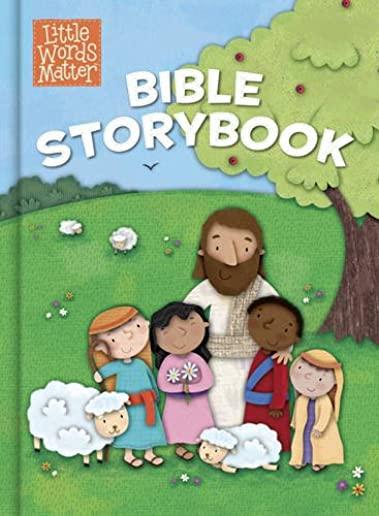
description
2This Bible is a bargain, but it stretches the limits of what is doable in an Amazon KDP paperback, and the text tends to be small.There is also a hardcover edition which has over twice the page count and uses larger letters-with a larger font-size for the New Testament, Psalms, anda particularly the Gospels. It is not cramped, and it is easier to read.If you want to invest in a good Bible, [[ASIN:1087868823 the hardcover edition may be just what the doctor ordered!]]The English of the praying Orthodox Church, the English of the prayers and Liturgies, the English of the common Orthodox Christians and the hymn of Scripture itself, is the English of Thee's and Thou's, not the street, the TV news, or the blog. And even if they can't put a finger on it, there is something more that is beautiful about the older classic language. As one literature professor said, "The problem with the King James Version is the translators' shaky grasp of Hebrew. The problem with all modern versions is the translators' increasingly shaky grasp of English." And there's more to it than that.The Classic Orthodox Bible has, as its foundation, Sir Lancelot Brenton's translation of the Greek Old Testament, the Septuagint. All other known translations that revised Sir Lancelot have revised his language to be newer and more modern; though this is not an important distinction, this text revised Sir Lancelot to be very slightly more archaic and read more authentically like the King James Version. There have been multiple changes made, though not all that many for a new Bible version. In any case the attempt was made to cut with the grain rather than against it, and to preserve and enhance a rendering that is the English of the praying Orthodox Church.A number of metaphors present themselves to the simple Christian trying to choose rightly from all the Bible versions available: there are murky waters, or a dizzying array, or a labyrinth. Whatever name is given to this confusing task, the Classic Orthodox Bible comes with a roadmap that comments not just itself, the Classic Orthodox Bible (COB), but also the Eastern / Greek Orthodox Bible (EOB), English Standard Version (ESV), King James Version (KJV, also called the Authorized Version or AV), the Message, New English Translation of the Septuagint (NETS), New International Version (NIV), New Jerusalem Bible (NJB), New King James Version (NKJV), New Living Translation (NLT), Orthodox Study Bible (OSB), and Revised Standard Versiosn (RSV).But the advice is simple.If you only read version, read the Orthodox Study Bible, from http: //tinyurl.com/orthodox-study-bible.But if you read more, as there is good reason, read the Classic Orthodox Bible.
member goods
No member items were found under this heading.
Return Policy
All sales are final
Shipping
No special shipping considerations available.
Shipping fees determined at checkout.







